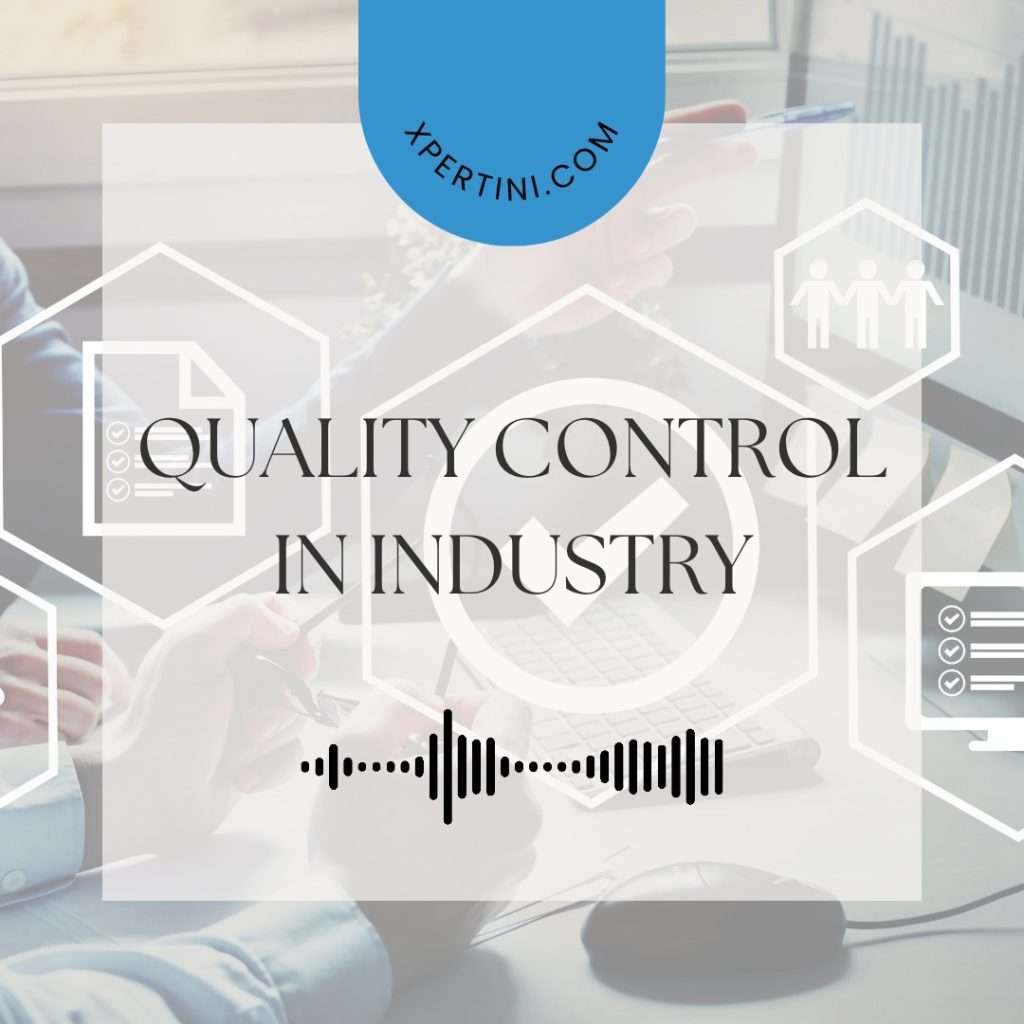Quality Control in Industry
Course Summary
Quality control in the industry is an essential practice that ensures products and services meet stringent standards and customer expectations. This course delves into the critical aspects of quality control, highlighting its significance and evolution from ancient craftsmanship to contemporary industrial practices. By tracing the contributions of pivotal figures in quality management, participants gain a comprehensive understanding of foundational principles that have shaped the field.
The course explores key principles, including Deming’s 14 points for management and Juran’s quality trilogy, offering a robust framework for quality planning, control, and improvement. Emphasis is placed on statistical quality control (SQC), with in-depth coverage of statistical process control (SPC) techniques. Participants learn to construct, interpret, and analyze control charts, a fundamental tool in maintaining process stability and identifying variations.
Practical tools such as Pareto analysis and cause-and-effect diagrams are examined for their effectiveness in problem-solving and quality enhancement. The distinction between quality control and quality assurance is clarified, alongside the implementation of ISO 9000 standards, ensuring a holistic view of quality management systems.
Real-world case studies provide insight into prevalent quality issues and their resolutions, illustrating the tangible benefits of successful quality improvement initiatives. The course underscores the importance of teamwork in maintaining quality standards, highlighting strategies for effective communication and problem-solving within quality-focused teams.
Emerging trends in quality control are addressed, including the impact of Industry 4.0 and the integration of artificial intelligence and machine learning in quality management processes. These advancements underscore the dynamic nature of the field and the need for continuous adaptation and innovation.
The course also outlines career opportunities in quality assurance and quality control, detailing roles and responsibilities, and offering guidance on career advancement and professional development. By the end of this course, participants will be equipped with the knowledge and skills necessary to excel in the ever-evolving landscape of quality management.
Course Overview
Quality control is an indispensable aspect of any industry, ensuring that products meet required standards and customer expectations. This course delves into the principles, methodologies, and tools essential for maintaining quality in industrial processes. Participants will gain insights into various quality control techniques, their applications, and their significance in enhancing product reliability and customer satisfaction.
Course Objectives
- Understand the fundamental concepts of quality control in industry.
- Learn various quality control methods and techniques.
- Apply statistical tools for quality analysis and improvement.
- Explore case studies to comprehend real-world applications of quality control.
- Gain proficiency in quality assurance practices.
- Acquire skills to identify and mitigate common quality issues in industrial processes.
Course Outcomes
- Apply statistical methods for quality analysis.
- Develop proficiency in using quality control tools such as control charts and Pareto analysis.
- Evaluate the effectiveness of different quality control techniques in specific industrial contexts.
- Design and implement quality assurance protocols for industrial processes.
- Analyze case studies to identify quality issues and propose solutions.
- Collaborate effectively in teams to address quality challenges.
- Communicate quality control findings and recommendations clearly and persuasively.
- Demonstrate critical thinking skills in evaluating quality-related problems.
- Explore emerging trends and technologies in quality control.
Course Audience
- Professionals seeking to enhance their skills in quality control.
- Students pursuing careers in industrial engineering, manufacturing, or quality management.
- Anyone interested in understanding the principles and practices of maintaining quality in industrial settings.

